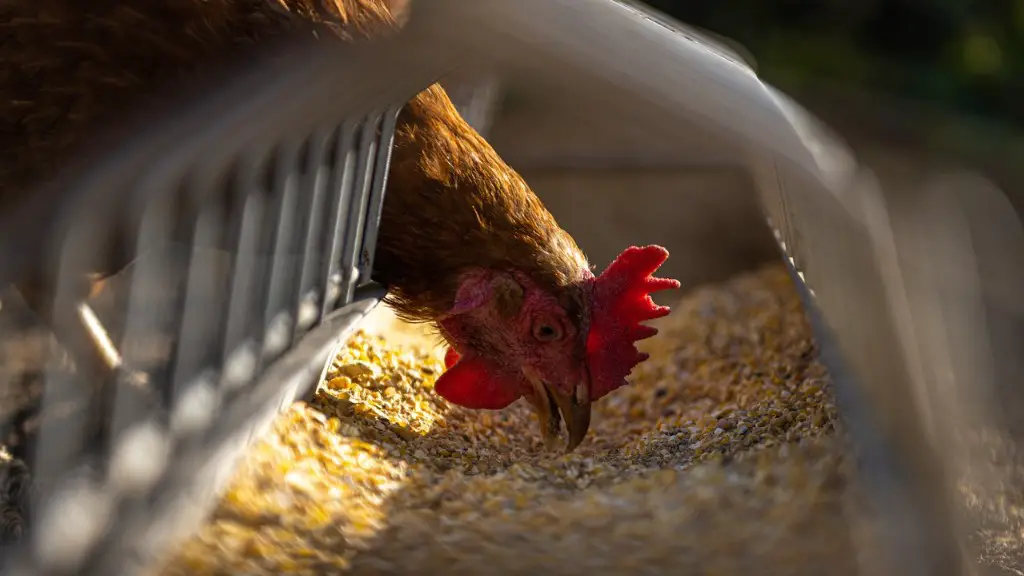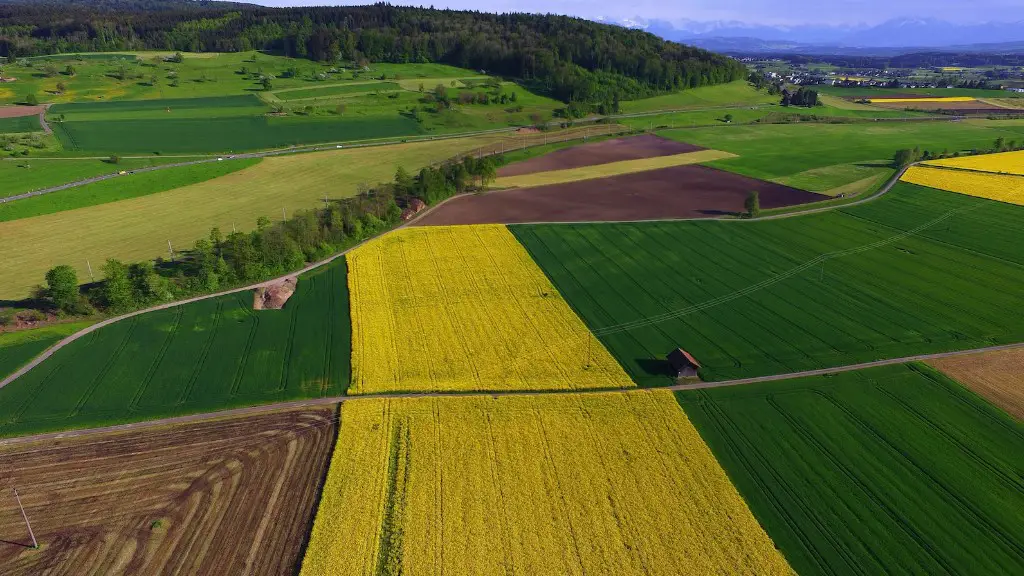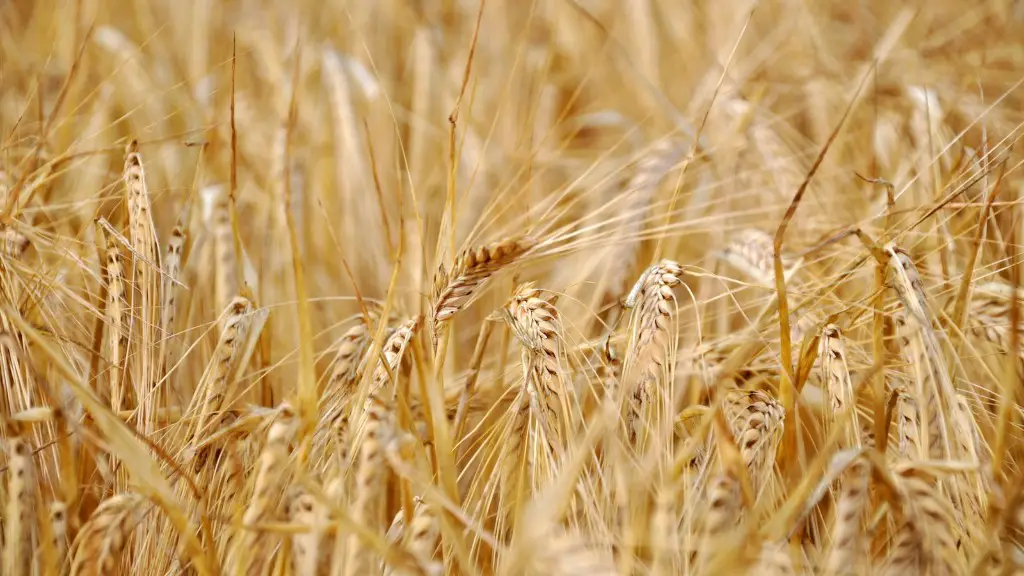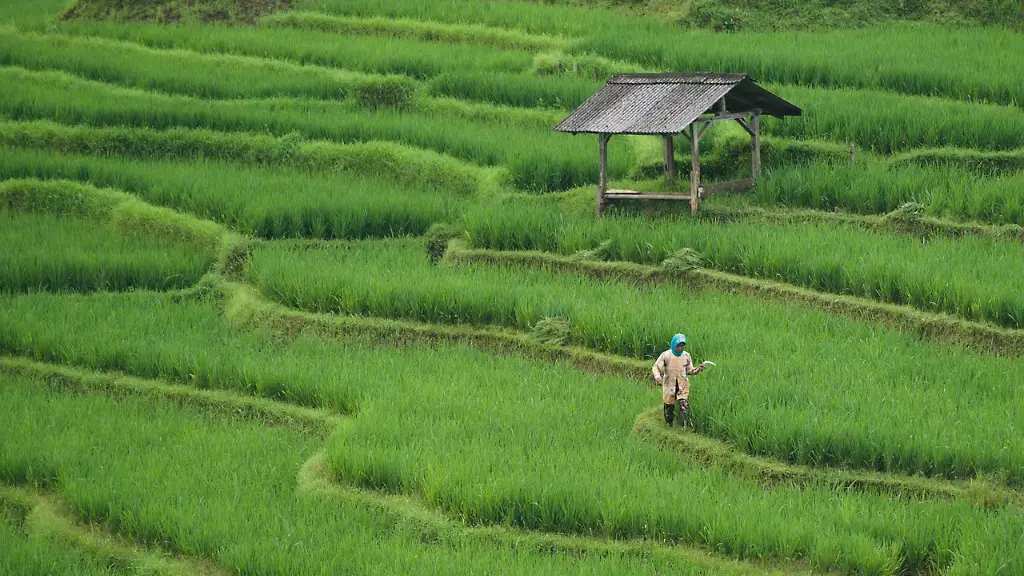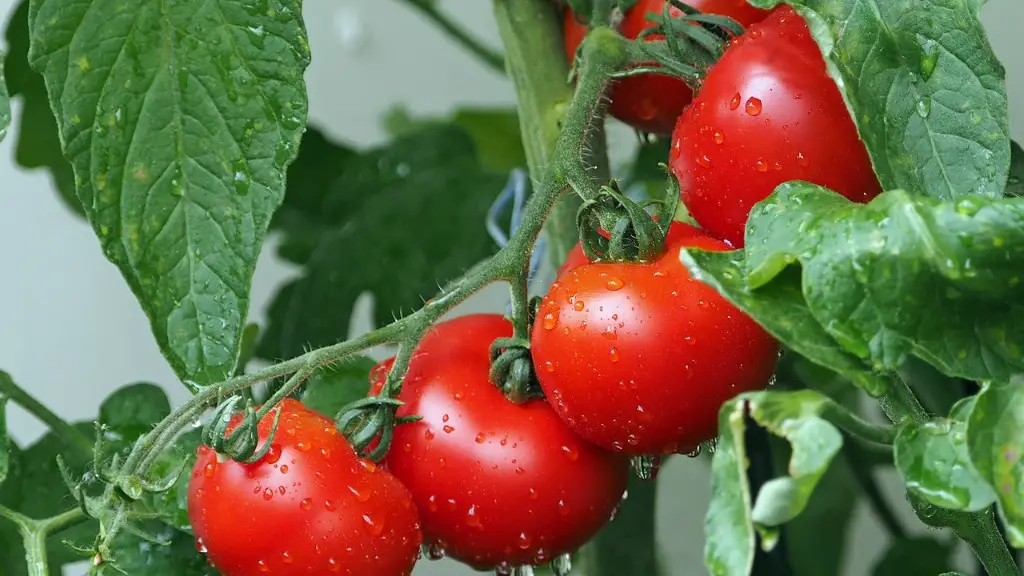The Hawaii Agriculture Foundation (HAF) was founded in 1981 by Ed Buckley and Margaret Wilcox, two of Hawaii’s pioneering agriculturalists. Buckley and Wilcox were heavily involved in the agricultural industry for a long time and understand the challenges faced by the state’s farming and ranching community. Together, they founded the HAF to provide innovative solutions to improve the current and future viability of Hawaii’s rich agricultural resources and agricultural heritage.
The HAF was formed with the mission of increasing and supporting Hawaii’s agricultural industry, by developing public and private programs that would foster the sector’s growth and productivity. Ed Buckley and Margaret Wilcox provided the initial foundation for the organization, and selected the first executive director, William Iwaoka. Iwaoka was a respected agricultural industry leader and assumed his post as the executive director in November 1982.
From the outset, the HAF has established itself as a leading authority in Hawaii’s agricultural industry. They actively assist with the formation of educational and consultant partnerships to promote technology transfer, research initiatives, and other activities intended to contribute to the sector’s advancement. The HAF has been involved in the creation of various government programs, including the Small and Medium Sized Farm Program, the Agribusiness Development Program, and the Hawaii Hawaii-Based Enterprise Program.
The HAF has also been active in introducing sustainable and clean agricultural practices, as well as facilitating improved market access, through producer cooperatives and a number of other initiatives. They have even been recognized for their efforts in the preservation of nearly 500-acres of natural agricultural land in the central part of the island. Over the years, the HAF has received numerous awards and recognition for the significant and impactful contributions that they have made to the advancement of Hawaii’s agricultural industry.
Buckley and Wilcox continue to be actively involved with the HAF and as such, have played an integral role in the evolution of the organization. Now operating with over 80 employees and with community outreach programs and partnerships in all counties, the HAF has evolved into one of Hawaii’s most influential organizations and has demonstrated remarkable achievements in terms of increasing the profitability of Hawai’i’s farmers and ranchers.
Technical Solutions
The HAF has worked to introduce sophisticated technical solutions to Hawaii’s agricultural sector with successful implementation of technologies such as the BREA information system and the GPS-based location service FarmFinder. This system assists Hawaii’s farmers access over 1,600 publicly-owned agricultural parcels for lease, which helps alleviate considerable burden of marketing and competitive leasing. The FarmFinder system has already been used in several counties and is helping to facilitate the development of Hawaii’s agricultural economy.
The development of the BREA system, or Building Research and Education Network, by the HAF has been a groundbreaking initiative that enables producers, researchers and extension personnel the ability to access critical data, such as soil survey reports, crop health analysis, and pest management information, anytime and from any location. This technology has helped Hawaii’s agricultural industry become more informed and knowledgeable. It has also helped to keep up with changing trends in the sector, allowing growers to produce crops in an efficient, integrated, sustainable and profitable way.
In addition to the use of technology in the agricultural sector, the HAF has dedicated resources towards the improvement of soil quality and conservation practices. It promotes the use of cover cropping systems, soil testing, and water management systems that ensure long-term sustainability of the soils and a secure income for the farmer. Improved soil quality and conservation practices through education and training has increased farmer awareness and encouraged production of higher-quality crops.
The HAF also developed an innovative model for the sustainability of Hawaii’s small scale family farmers, enabling them to secure bank financing without having to provide any collateral. This program has significantly helped in the growth of small-scale family farms and has created a broader economic base and stability for the agricultural sector in Hawaii.
Research
The HAF contributes significantly to the research needs of the Hawaiian agricultural sector, publishing regular reports and data focused on challenges and successes in the sector. All data is carefully collected and anonymously acquired, then presented in such a way that it is accessible for use by both the public and private sectors. The information gathered can be used to analyze current challenges, form new initiatives and campaigns, and even keep historical trends in the sector.
The research conducted by the HAF is quite comprehensive and covers areas such as production trends of Hawaii’s major and minor agricultural products, marketing trends of the industry, and public sector policies that affect the sector. As an expert organization, the HAF has been able to conduct research on the current status of agricultural properties in Hawaii, including farming and ranching, as well as futures markets research and even evaluating trends in the agricultural sector.
The reports and data generated by the HAF’s research helps to inform the sector’s decision makers, enabling them to make more informed decisions. HAF’s research can be used to determine general agricultural trends, identify industry challenges, and develop strategies that improve overall productivity and profit in the agricultural sector.
The HAF also contributes to the research needs of the agricultural sector by providing grants to support research and development projects. The projects are funded on an annual basis, and encourage collaboration between institutions, corporations, growers, and other sectors involved in the sector. By making research funding available, the HAF is helping to ensure a future for the agriculture industry in Hawaii, and to ensure that the sector is well-informed and adequately equipped to meet the challenges it faces.
Advocacy
The HAF has a long track record of advocating for Hawaii’s agricultural sector and is dedicated to promote the progress of the sector through public and private partnerships and initiatives. The organization takes an active role in shaping public policies and regulations that affect the sector, including taxation and labor laws, farm certification standards, and the organic standards. Through its legislative committee, the HAF regularly submits bills and testifies in legislative hearings and works to influence policy makers and decision makers in the sector.
The HAF frequently holds forums and conferences to open up dialogue with the sector and to bring together the stakeholders, researchers, and experts in the agricultural industry to discuss the sector’s challenges and successes. They also distribute surveys and publish reports providing useful and relevant data to the sector.
The HAF also works with other nonprofits and community organizations in the sector to further their advocacy goals. They collaborate and support initiatives that promote the sustainability of Hawaii’s food and agricultural systems, cooperatives, and other key topics. The HAF is active in participating in community events, including goal setting and workshops for agricultural education, as well as sponsoring and providing direct support for agricultural programs and initiatives in the sector.
The HAF’s advocacy efforts have helped Hawaii’s agricultural sector to become stronger and more resilient, and through their efforts, a better and more sustainable future for Hawaii’s farmers has been secured. The organization’s involvement in the sector is unique and invaluable, and it has earned their place as a leader in Hawaii’s agricultural sector.
Agricultural Education
The HAF is completely dedicated to educating and empowering farmers and ranchers on Hawaii island, as well as other parts of the Hawaiian Islands. The HAF’s agricultural education initiatives include offering farmer education programs, workshops, and training sessions, as well as providing educational materials, such as pamphlets and brochures, to spread awareness and promote the agricultural sector.
The HAF also offers scholarships for agricultural students. Since 2009, over 400 students have received agricultural scholarships, which have enabled them to succeed and pursue further education in the agricultural sector. These scholarships have been instrumental in encouraging young people to choose agriculture as a career, helping to ensure that the sector has a steady supply of knowledgeable and well-educated farmers in the years to come.
The HAF also provides resources to existing farmers and ranchers, such as agricultural business plans, production methods, marketing strategies, and business coaching. This helps the sector to stay competitive and profitable and is an invaluable resource for Hawaii’s farmers and ranchers.
Apart from offering scholarships and other educational resources, the HAF has also been active in creating and implementing public programs that help new farmers to enter the agricultural sector. They assist with the formation of educational and consultant partnerships to promote technology transfer, research initiatives, and other activities intended to contribute to the sector.
The HAF’s efforts in the field of agricultural education and its support for the sector has been instrumental in furthering the growth and advancement of Hawaii’s agricultural industry. Through the organization’s support, the sector has been strengthened and is poised to experience greater success in the years ahead.
Innovation
The HAF has continually worked to bring innovative solutions to Hawaii’s agricultural sector, including the development of farm technologies, food safety programs and resources, and the production of agricultural products. Through its innovative solutions, the HAF has successfully improved the sector’s productivity and profitability, while also helping it to remain on the cutting edge of technological advancement.
The HAF’s innovation also expands to the development of public-private partnerships that can support development of plant-based products, particularly from tropical fruits and vegetables, which could help to increase profitability for local farmers. The organization is also at the forefront of promoting sustainable and renewable energy in the sector through initiatives such as the BioEnergy Resource Center.
In addition, the HAF has helped Hawaii’s agricultural sector respond to the changing dietary culture, by incorporating products such as nut butters and fresh juices in food production and sales. Through their initiatives and programs, the HAF has not only been helping to improve the sector’s profitability, but also its resilience to changing market trends and consumer preferences.
The HAF has significantly advanced Hawaii’s agricultural sector, not just through its technical solutions, research, and advocacy efforts, but through its commitment to innovation. By embracing innovative ideas and working with new technologies, the organization has laid the groundwork for the sector’s continued success and growth.
